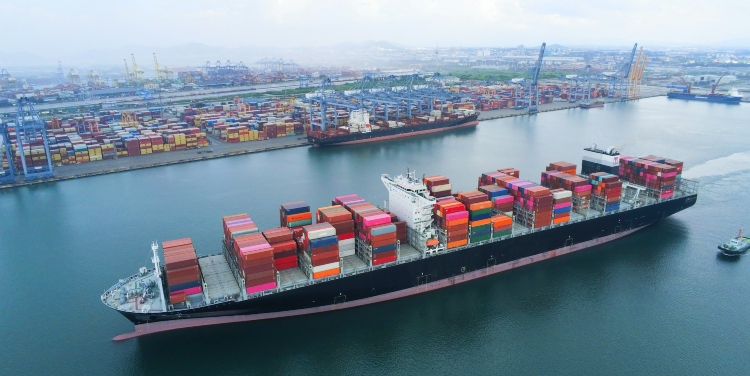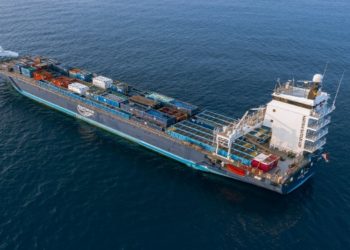Marine safety is a critical aspect of the commercial shipping industry, where the lives of crew members, cargo integrity, and the environment are at stake. For beginners entering the maritime sector, understanding the fundamentals of marine safety is essential to ensure smooth and secure operations at sea. There are specific marine safety jobs that put a number of these procedures in place to ensure that seafarers are safe at all times during their time on vessels, but it’s important for all seafarers and crew members to have a basic understanding of different safety rules. This guide provides an introduction to key safety principles and best practices in the world of commercial shipping.
The Importance Of Marine Safety In Commercial Shipping
The shipping industry is responsible for transporting about 90% of global trade, and with very busy shipping routes for large numbers of vessels to navigate, ensuring the safety of crew members and cargo is vital. As a result, several marine safety regulations and protocols are in place to help protect lives, prevent accidents and minimise environmental harm. Commercial ships can be exposed to unpredictable weather and a wide range of hazards at sea, meaning the industry has to prioritise different safety aspects like international regulations and ongoing training to help reduce the risks of accidents.
International Maritime Safety Regulations
One of the cornerstones of marine safety is the International Maritime Organization (IMO) This agency is responsible for developing safety and environmental standards for shipping. The IMO’s International Convention for the Safety of Life at Sea (SOLAS) is one of the most important aspects of governing maritime safety. First adopted in 1914, SOLAS establishes minimum safety standards in the industry, and these regulations are something that all vessels have to comply with. They include different areas like fire safety, life-saving appliances, communication, and so much more.
Safety Training For Crew Members
Safety training is vital and a required part of all seafarer jobs, regardless of their role on the ship. Everyone on a vessel must undergo safety training as part of their certification process to make sure that they are trained in areas like personal survival techniques, firefighting, personal safety responsibilities, and first aid. There are some circumstances where specialist safety training is necessary, such as different positions on oil tankers and cargo ships where there is more risk. Passenger vessels also require higher standards of safety training to ensure that everyone can carry out their duties without compromising safety standards.
Key Safety Practices In Commercial Shipping
There is a wide range of key safety practices that commercial shipping vessels must abide by in order to improve their adherence to regulations. These include:
Proper maintenance of safety equipment – for example, lifeboats, life rafts, and fire extinguishers, to name a few. Regular maintenance and inspections of all of this equipment are vital to ensure that they function properly during an emergency.
Fire safety prevention – as fires are one of the most dangerous risks aboard a commercial ship. Mandatory training on fire detection systems, alarms, and protocols are required on all commercial vessels, and regular drills are carried out to make sure everyone can react quickly and efficiently in the event of a fire.
Navigation safety – to help avoid collisions, groundings, or other dangerous incidents. All seafarers are trained to use tools like radar and GPS, and they are able to read maritime charts to help ensure the ship stays on course and avoids hazards. Rigorous training on situational awareness is also necessary.
Fatigue management – this is a common issue during long voyages and has the potential to lead to accidents and impair decision-making and reaction times. Vessels are required to introduce work and rest schedules to help minimise fatigue and ensure that crew members are alert and capable of performing their duties appropriately.
Conclusion
For beginners in the commercial shipping industry, understanding the different areas of marine safety is vital to help protect lives and cargo as well as protect the environment. With a wide range of international regulations to keep aware and adhered to, as well as different types of crew training to better learn the best practices in the industry, there are many ways to make marine operations safer and more efficient overall. By properly adhering to safety protocols, ensuring regular maintenance of safety equipment, and staying well-trained, staff on vessels play a critical role in upholding the different safety standards required for an efficient voyage in commercial shipping.
David Prior
David Prior is the editor of Today News, responsible for the overall editorial strategy. He is an NCTJ-qualified journalist with over 20 years’ experience, and is also editor of the award-winning hyperlocal news title Altrincham Today. His LinkedIn profile is here.












































































